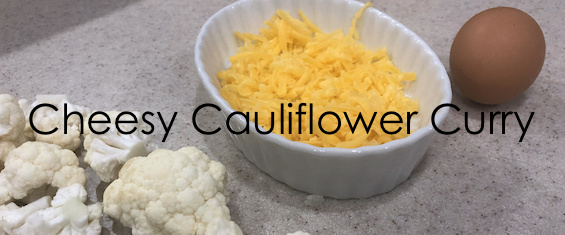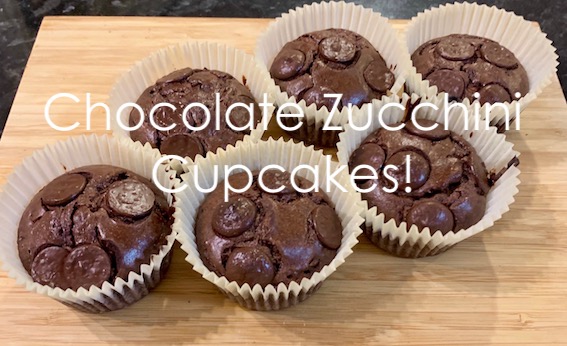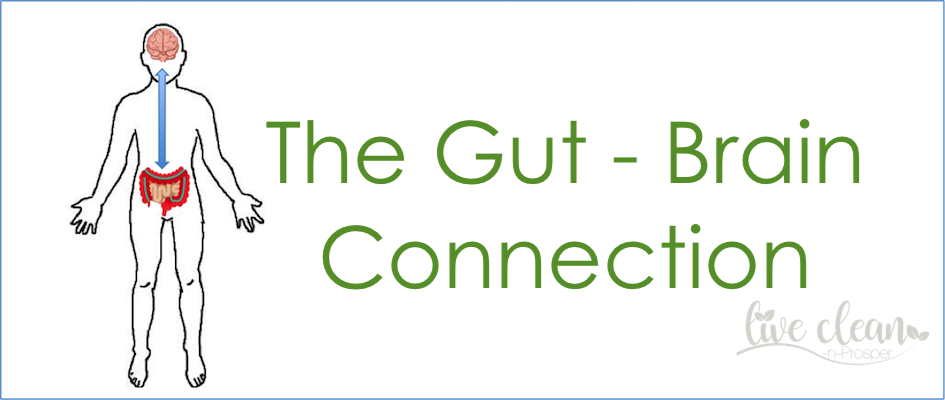Today I’m sharing a favourite recipe – Cheesy Cauliflower Curry.
This last week has been so busy with work and other commitments, I’m glad I got back into meal planning. It was really helpful having meal ideas bookmarked, knowing that all the ingredients were in the fridge and pantry.
The original recipe for this dish comes from a book called ‘The Inspired Vegetarian’, that I received from a very dear friend.
We are still endeavouring to eat more of a plant-based diet. So with that in mind, this is an easy recipe to create and is a repeat winner according to Scott. Though not good for anyone on a ‘dairy free’ diet, it is a very tasty dish and quite filling.
As per his suggestion, I am sharing it with you today.
Cheesy Cauliflower Curry
Serves 4
Ingredients,
1 medium sized Cauliflower, cut into small florets.
1 medium onion, diced
2 eggs, hard-boiled and chopped
3 tbsp plain, gluten free flour
2 tbsp margarine or butter
1 tsp curry powder (I used 2)
2 cups milk
100 g grated cheese
½ tsp thyme (I used fresh thyme)
1 tbsp chopped fresh parsley
2 tbsp of toasted pepitas (or if you prefer – a handful of ‘soup croutons’ )
Method
*Sauté the onion and put aside into an ovenproof dish.
*Steam the cauliflower till just tender. Drain and add to ovenproof dish, mixing with the onion.
*Scatter over chopped egg.
*Put flour, curry powder, butter into a saucepan and mix well.
*Slowly add milk, mixing till the sauce thickens.
*Add chopped herbs and allow to simmer for a minute or two, to allow the flavours to develop.
*Remove from Heat and stir in ¾ of the cheese.
*Pour the sauce over the cauliflower mix and sprinkle with remaining cheese.
*Scatter the pepitas (or croutons) over the top and put the dish in the oven under a hot grill until golden.
We ate this as a main meal, however it would also work well as a side dish.
I hope you enjoy this dish as much as we do.
Till the next post,
Live Clean n Prosper



